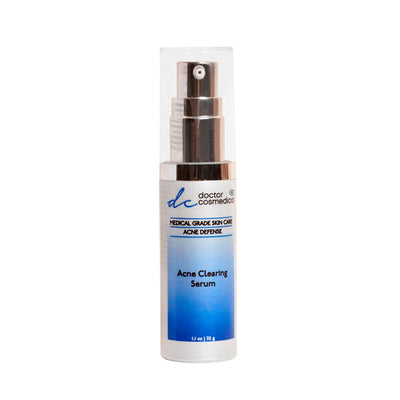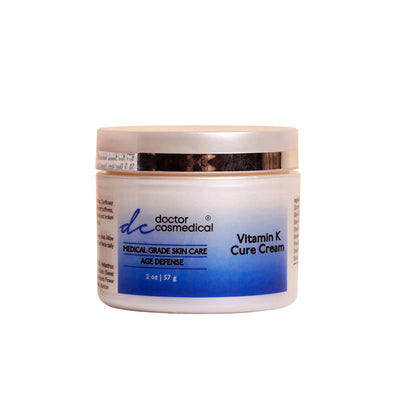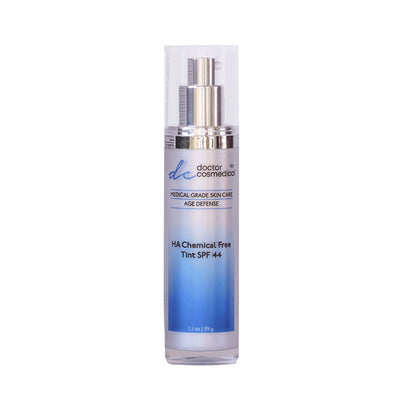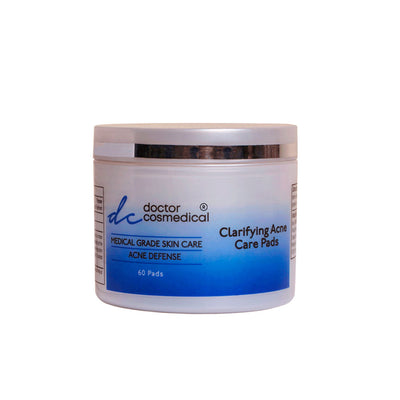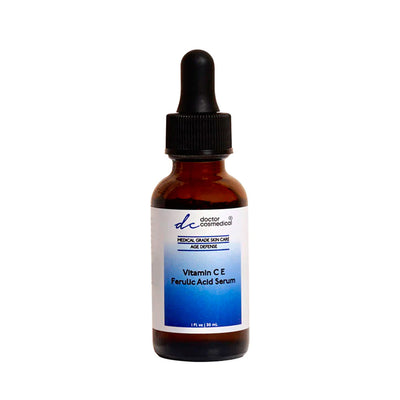Retinol Serums for Beginners: Your Guide to Anti-Aging Skincare
Retinol has become one of the most popular skincare ingredients for its ability to improve the appearance of fine lines, wrinkles, and other signs of aging. But for those new to retinol, navigating the world of retinol products can be overwhelming. This article will guide you through the basics of retinol and help you choose the best starter retinol cream or serum for your sensitive skin.
What is Retinol?
Retinol is a derivative of vitamin A, which is known for its ability to promote healthy skin cell turnover. Retinol works by increasing collagen production, improving skin texture, and reducing the appearance of fine lines and wrinkles. It can also help with skin concerns such as acne and hyperpigmentation.
How to Start Using Retinol
If you're new to retinol, starting slowly and working your way up to higher concentrations is important. This is because retinol can cause skin irritation, dryness, and peeling if not used properly. Begin by using a retinol product once or twice a week, gradually increasing the frequency as your skin adjusts.
Retinol for Beginners with Sensitive Skin
If you have sensitive skin, it's important to choose a retinol product that is gentle and formulated for your skin type. Look for products that contain lower concentrations of retinol, such as 0.5% or less, to minimize the risk of irritation. It's also important to use a moisturizer and sunscreen to protect your skin from dryness and sun damage.
Best Starter Retinol Serum
When choosing a retinol product, it's important to look for high-quality ingredients and formulations that are backed by research. Doctor Cosmedical Retinol Serum 0.5% is an excellent choice for those who are looking for a high-quality retinol serum that delivers results. It is also formulated with vitamin C, which helps to brighten the skin and reduce hyperpigmentation, and vitamin E, an antioxidant that helps to protect the skin from environmental damage and premature aging.
Overall, if you're looking for a high-quality retinol serum that can help to reduce the appearance of fine lines and wrinkles, brighten your skin, and protect it from environmental damage, our Retinol Serum is definitely worth considering. With its powerful formula and high-quality ingredients, it's sure to leave your skin looking youthful, radiant, and glowing.
Retinol Products to Avoid
While retinol is a powerful ingredient, not all retinol products are created equal, and some can do more harm than good. Here are some types of retinol products that you should avoid:
-
Cheap or low-quality products: While it can be tempting to save money by purchasing a cheap retinol product, you may end up doing more harm than good. Cheap or low-quality retinol products may contain ineffective or even harmful ingredients that can irritate the skin or cause other issues. When it comes to retinol, it's important to invest in high-quality products from reputable brands.
-
Products with high concentrations of retinol: While higher concentrations of retinol can lead to faster results, they can also be more irritating to the skin. If you're new to retinol, it's important to start with a low concentration and gradually work your way up to higher concentrations as your skin adjusts.
-
Products with added fragrances or other irritants: Some retinol products may contain added fragrances or other irritants that can cause dryness, redness, and other skin issues. When choosing a retinol product, look for one that is free from unnecessary additives.
-
Products with conflicting active ingredients: Retinol may not play well with other active ingredients, such as alpha-hydroxy acids (AHAs) or benzoyl peroxide. If you're using a product with retinol, it's important to avoid other products that contain these ingredients, as they can cause excessive dryness, redness, and irritation.
In summary, while retinol can be a powerful tool in your skincare arsenal, choosing the right product for your skin type and needs is important. Avoid cheap or low-quality products, products that contain higher than 1% retinol, products with added fragrances or other irritants, and products with conflicting active ingredients.



